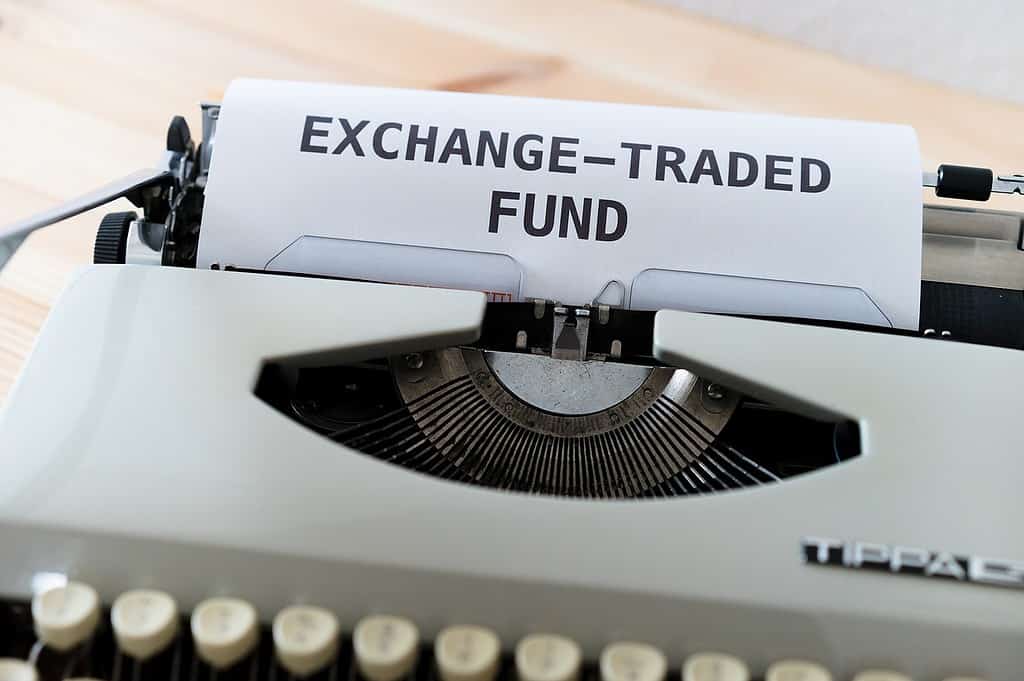If you’re a trader, you may wonder whether or not ETFs are legal to trade in your jurisdiction. The answer depends on where you reside. In some countries, like the United States, ETFs are considered securities and subject to the same laws and regulations as other stocks. In China, ETFs are treated more like commodities and are not regulated as heavily in other countries. So before you start trading ETFs, be sure to familiarise yourself with the laws in your country.
This post will discuss what ETFs are, why they’re popular with investors, how they compare to closed and mutual funds, and the legal issues.
What is an ETF?
An Exchange-Traded Fund (ETF) is a pooled investment vehicle with shares that may be bought and sold at market rates throughout the day on an exchange.
An ETF is a form of mutual fund that gives investors a proportional stake in a collection of equities, debt securities, and other assets. ETFs are regulated by the SEC under the Investment Company Act of 1940, which is comparable to mutual funds and Unit Investment Trusts (UITs). The majority of investors purchase and trade ETF shares through broker-dealers at market prices, much like publicly traded equities.
ETF compared to Mutual Funds and Closed-End Funds
On the other hand, mutual fund shares are sold and bought at a single price, which is the fund’s Net Asset Value (NAV). The NAV is calculated and revealed at the end of each day. Mutual funds are not bought and sold on exchanges; instead, mutual fund transactions occur in various ways, including consultations with financial advisors, broker-dealers, or directly from fund companies.
Closed-end funds usually provide a fixed quantity of shares traded on a stock exchange or the over-the-counter market. Like those of other funds, the assets of a closed-end fund are professionally managed following the fund’s investment goals and policies. They may be invested in equities, bonds, and other securities. Shares of closed-end funds move in tandem with market changes in the prices of other publicly traded assets and are determined by market supply and demand.
Attractive features of ETFs
The advantages of ETFs have drawn the attention of both retail and institutional investors.
Liquidity
Intraday tradability, in the first place, provides liquidity and fast access to a variety of asset classes.
Transparency
ETFs also provide price transparency since the market value of an ETF’s underlying assets is usually a close reflection of the market value of those securities.
Tax efficiency
ETFs provide tax efficiency since only a tiny proportion of them distribute capital gains, and many ETFs acquire and sell their underlying assets through tax-efficient in-kind transactions.
Exposure
ETFs provide a convenient means of gaining exposure to various markets or asset classes that might be difficult or impossible to obtain through other methods.
The legalities surrounding ETFs
While shares are regulated by numerous nations and therefore governed by various laws in different countries, ETFs are traded globally. This means that they are generally legal to trade in all major markets. However, there may be some limitations or restrictions on how ETFs can be used in conjunction with local regulations.
Specific securities or strategies may not be permitted in some cases, or investors may have to comply with particular reporting requirements. Therefore, traders must research and understand ETFs’ local laws and regulations before engaging in any trades.
To that end
In general, we would say that ETFs are legal to trade in most markets and jurisdictions worldwide. However, some restrictions or limitations may depend on the specific country and depending on the specific broker you trade through.
Contact a financial advisor or the relevant regulatory agency if you’re interested in trading ETFs and aren’t sure whether they’re allowed in your region. As long as you stay within the bounds of your local laws and regulations, they can be a handy investment tool for everyone from beginner traders to experienced investors.
